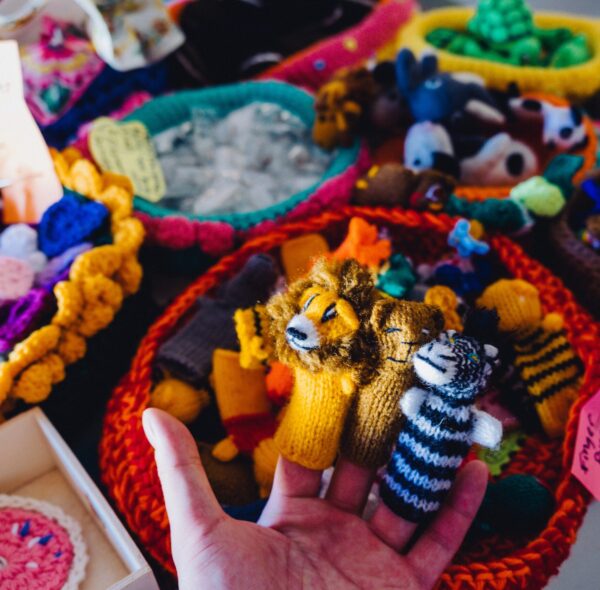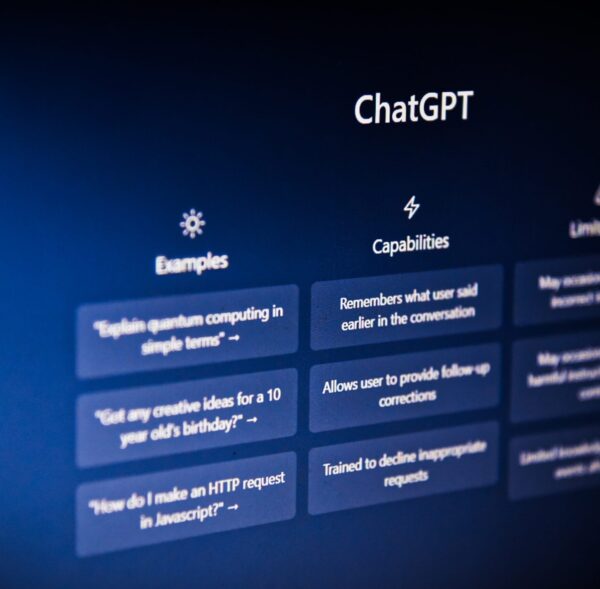BabyX is changing the face of child development research

BabyX is a world-first hyper-realistic computer-generated simulation of a human infant, which researchers will use to research adults’ interactions with babies.
Developed for use by developmental psychology researchers at Waipapa Taumata Rau, University of Auckland BabyX responds to a social partner – including their voices, gestures, and expressions – just as a human infant would, smiling, laughing, crying, or getting cross and frustrated.
The aim of the research is to look more closely at the nuances of communication between caregivers and infants.
“Decades of research has shown us that babies are incredibly responsive to even very subtle changes in where caregivers are looking, what they say and how they say it,” Professor Annette Henderson, the director of the University’s Early Learning Laboratory said.
“However, very little is known about how changes in babies’ behaviour affects their caregivers’ responses – we aim to close that loop.”
Powered by artificial intelligence (AI), BabyX sees and hears via video and audio feeds, and processes the world through a simulated human brain, giving researchers insights into adult and baby interactions in ways which would not be possible with a human baby.
“We can uncover how specific aspects of baby behaviour influence the interactive dance with their caregivers,” Professor Henderson explained.
“Because human babies’ behaviour cannot be manipulated, answering this question has been impossible to do… until now.”
BabyX was developed by Dr Mark Sagar, the University alum who is a leader in creating virtual humans, and Soul Machines, a spinoff from the University’s Auckland Bioengineering Institute.
While BabyX was unveiled in 2017, this first research use takes place after Professor Henderson and her team received support from the Marsden Fund of Royal Society Te Apārangi.
As a first step, Professor Henderson and Research Fellow Dr Florian Bednarski are seeking 80 fathers, mothers or other primary caregivers of children aged 12 to 36 months to engage with BabyX in the lab at the University of Auckland.
The caregivers will be recorded – confidentially – playing interactive digital games such as puzzles with the toddler.
Interested parties should email [email protected] to register.
Popular

Policy
Quality
Practice
Provider
Research
Workforce
ECEC services to close early for mandatory child safety training under national reforms
2025-12-01 07:10:09
by Fiona Alston

Quality
Policy
Practice
Provider
Workforce
Growth restrictions and enhanced oversight imposed on Affinity Education Group in NSW
2025-12-01 07:30:29
by Fiona Alston

Workforce
Events News
Policy
Practice
Provider
Quality
Gold Walkley Award win for childcare investigation places national spotlight on safety and accountability in ECEC
2025-12-02 07:30:34
by Fiona Alston
















